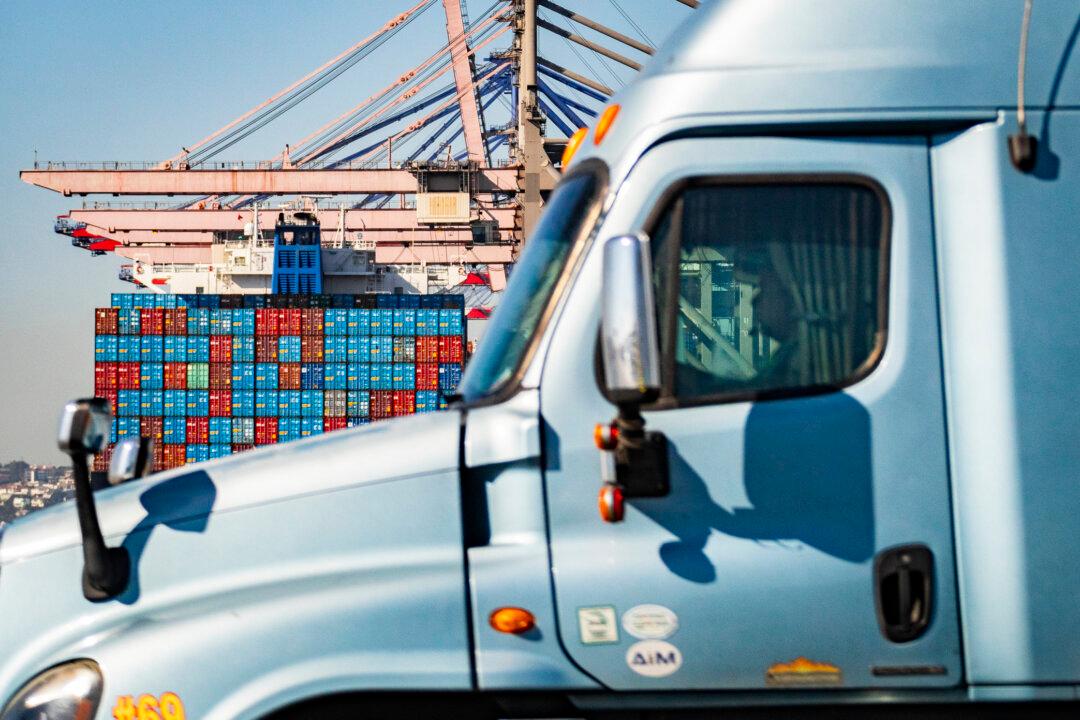Commentary
My late father-in-law, Mike Isetta, was a member of the Teamsters Union for 40 years, hated the union and all their practices for most of his years, and would be spinning in his tomb if he saw California’s latest attempt to turn independent truckers into dependent wage slaves or unemployed ex-drivers.
